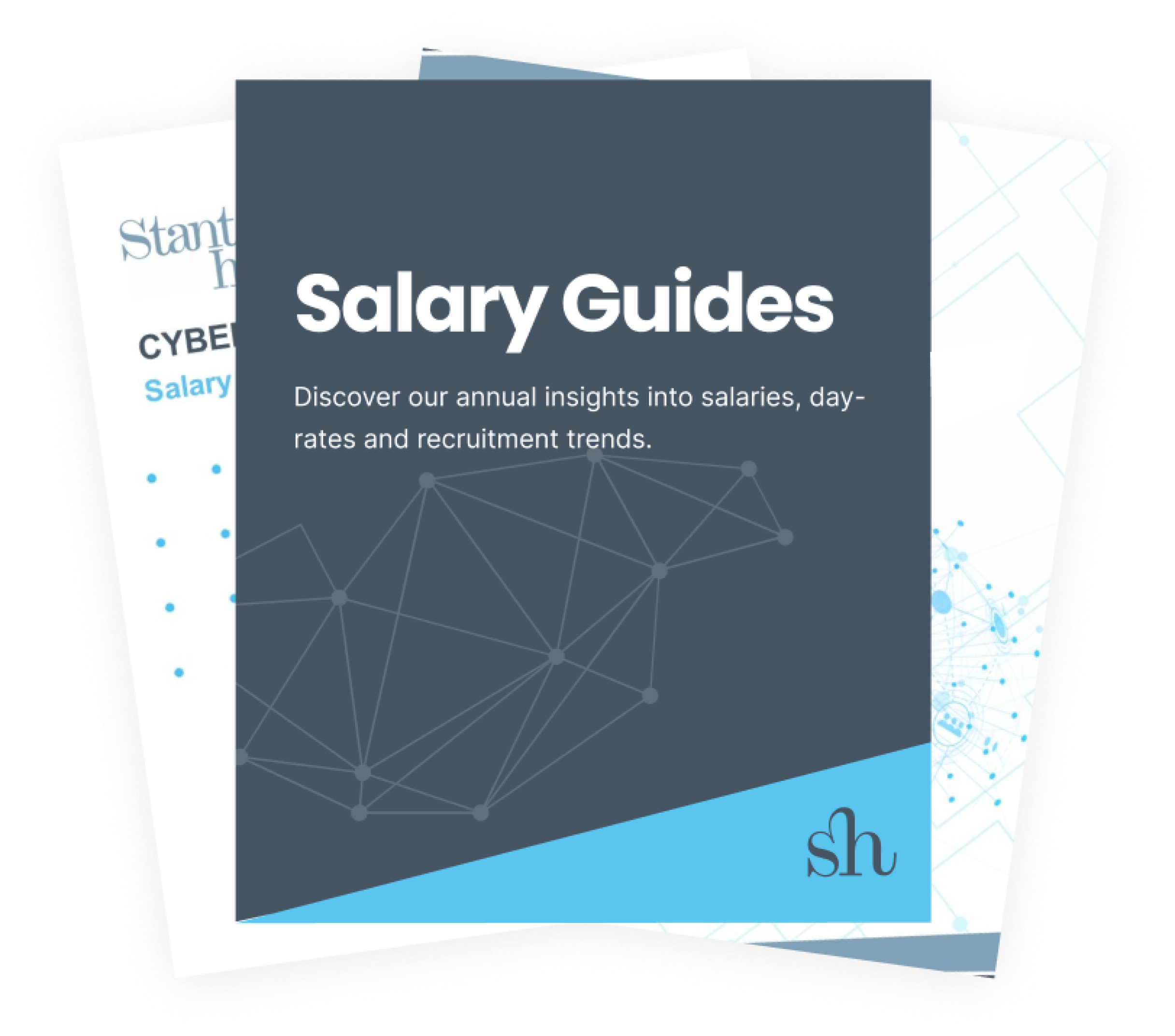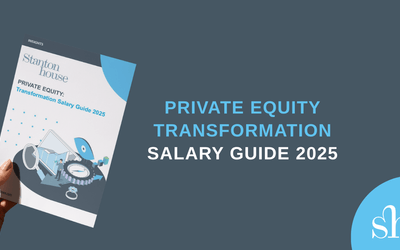
What Support Can You Offer Your Pregnant Colleagues?
What support can you offer your pregnant colleagues?
Did you know that in the UK almost 20% of women leave employment completely in the five years following childbirth?
This is compared to 4% of men. These stats offer an important explanation for the persisting gender pay gap, and the economic suffering women face taking on childcare responsibilities.
Pregnant myself, with no intention to leave employment, I noticed that a lot of inclusion advice aimed at organisations focuses on working mums. It made me wonder, are there things an organisation can do during pregnancy to ensure women feel fully supported and informed to make the choice that's right for them?
Banish pregnancy discrimination
While pregnancy discrimination in the workplace is illegal in the UK, research shows it still happens often and is very difficult to prove. In the UK, 11% of mothers surveyed reported being dismissed or pushed out of their jobs; many more had received negative comments related to pregnancy. In Japan, a May 2020 survey showed one-quarter of pregnant employees had experienced maternity harassment. Is your organization set up to recognize and tackle unfair practices, even if they are hidden?
Flexible working
Flexible working can have a major impact on pregnant women. As we know, this is a time in your life when you will need to attend regular doctor appointments, scans and classes and allowing employees to do these during working hours and make up the time elsewhere is key to ensuring your workforce is happy. Make sure your flexible working and working-from-home policy is a living and breathing part of your culture. Most companies have flexibility policies post-Covid, but that doesn't mean employees feel empowered to utilise them.
Recognise your unconscious bias
We’ve come a long way in most respects, but there will always be some unconscious bias surrounding this topic. Unfortunately, some people within your organisation might subconsciously treat pregnant women differently than others. Train your managers to be aware of their unconscious biases and how they can respond to a pregnancy announcement putting the person before the company.
Create a safe environment
Riding a wave of pregnancy hormones can often be a very difficult, exciting, and emotional time for a lot of expectant mothers. Create an environment of psychological safety where decisions about the future of work for the expectant parent can be discussed without taboo. Allow employees to open up as much as they want to, before probing into their personal lives- remember an employee isn’t obliged to tell you they are pregnant until 15 weeks before the baby is due.
Come up with a plan
Agree beforehand how often you will be in contact during maternity (and indeed paternity) leave. What are the things that the expectant parent is especially interested to remain informed about? We have found that having these conversations upfront really helps to minimise any anxiety about returning to work. Of course, remember that you’ll need to be flexible with this plan as often as we know, things change.
Talk about choices
Empower women to consider all options and make the choice that works for them. Do they feel they can decide to return and are they able to combine both motherhood and a career? Do they feel they can decide to work part-time without losing out on opportunities or inhibiting their career progression? Do they feel they can decide not to return without judgement?
My experience at Stanton House so far has been nothing but positive, but of course, that doesn't mean that I am not aware of the changes that are coming to my life, and the decisions I am ultimately going to have to make. However, feeling fully and wholly supported by your employer makes that journey just a little bit easier!
If you’re interested in a career with Stanton House then please contact esther.boffey@stantonhouse.com for our open roles.



















